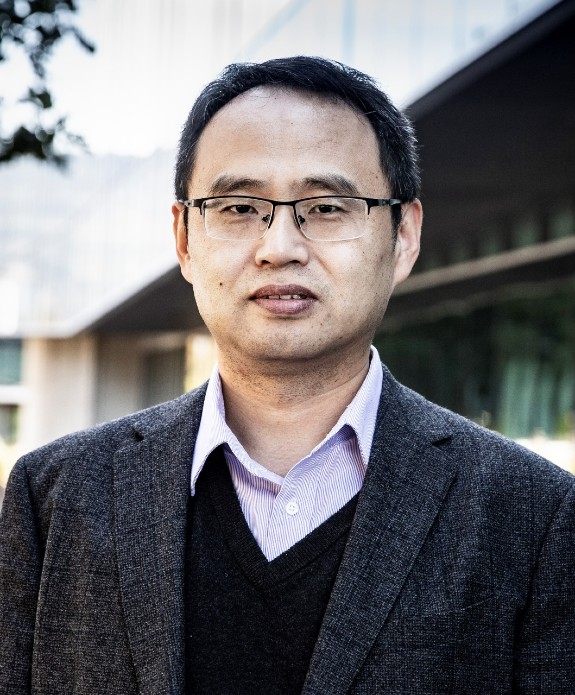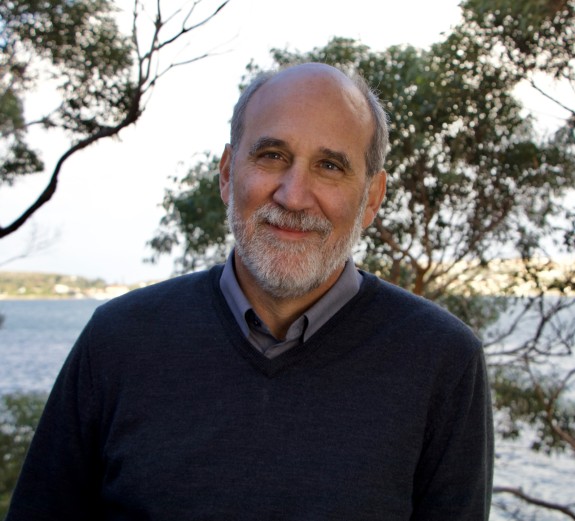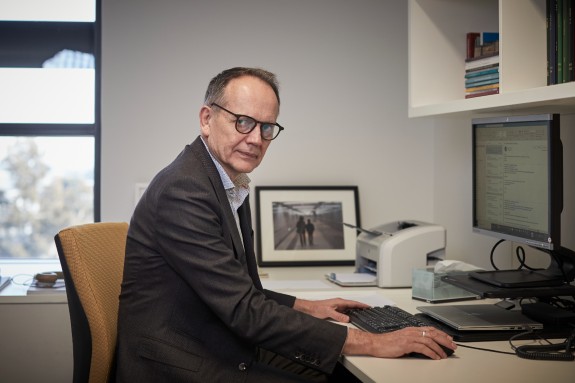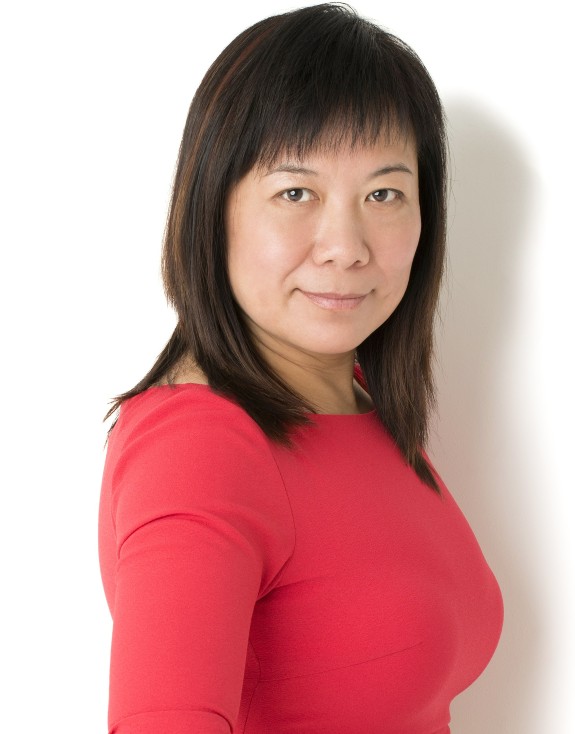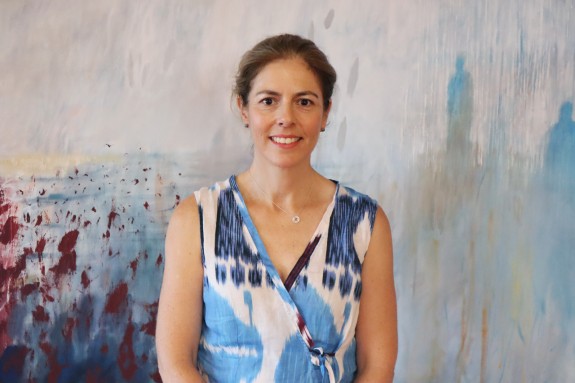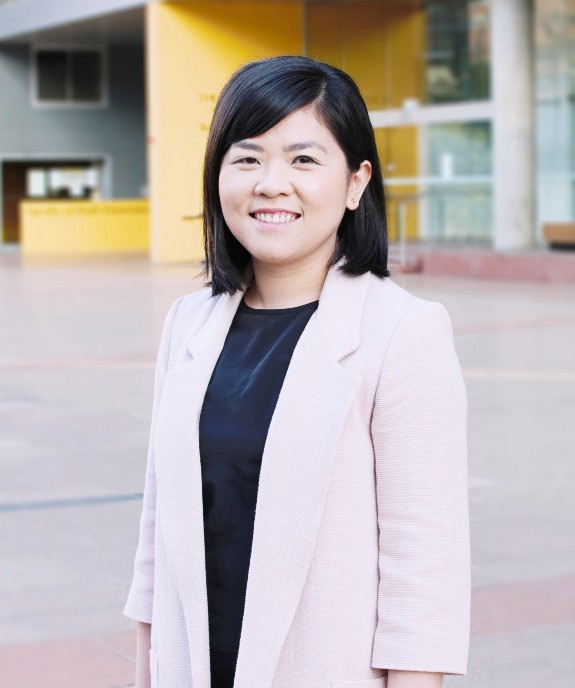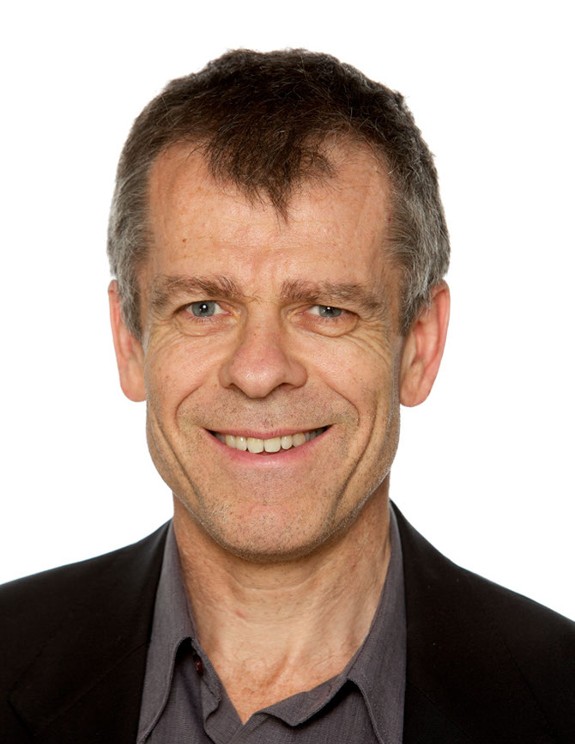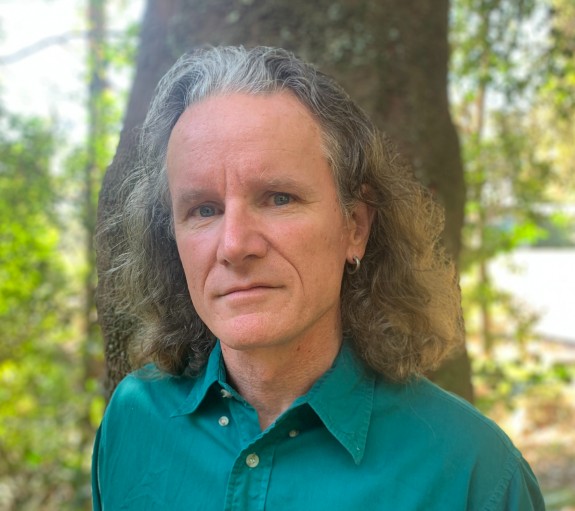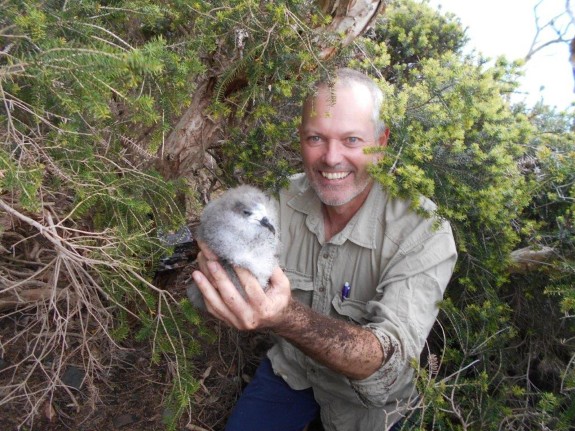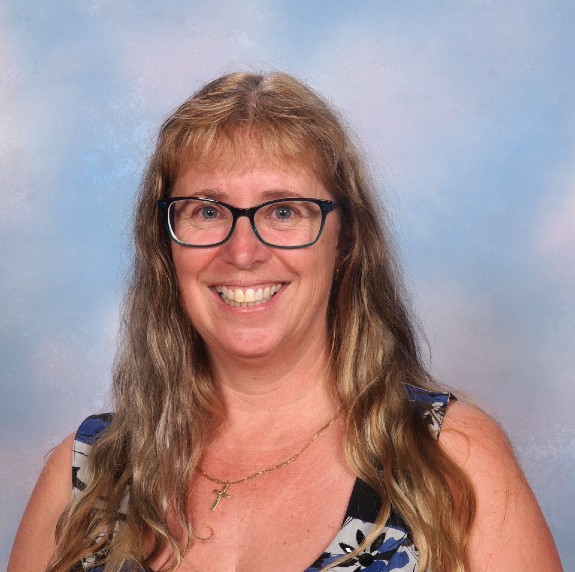Category 1: Excellence in Mathematics, Earth Sciences, Chemistry or Physics
Professor Shujun Zhang
University of Wollongong
Professor Shujun Zhang is a material scientist focusing on electronic ceramic materials and the development of new materials to improve medical technology and the storage and harvesting of green energy.
Shujun’s research is producing high performance ferroelectric materials for use in next generation ultrasonic medical imaging and diagnostics. These materials will greatly benefit the health sector and improve outcomes in NSW, as well as for the broader market.
The ferroelectric materials developed by Shujun can also be used in thermal imaging detection to monitor bushfires on a large scale – technology that has become increasingly important in the wake of the 2019/20 bushfires and future climate projections.
Shujun is developing high performance, low-cost ferroelectric materials for energy harvesting and high power energy storage, with enormous potential for use in future green energy systems. His work takes us one step closer to a renewable and sustainable future, with reduced dependence on fossil fuels.
Shujun’s global influence is reflected in being named an IEEE Fellow of the Ultrasonics, Ferroelectrics and Frequency Control Society (UFFC-S) and Fellow of the American Ceramic Society, as well as Vice President for Ferroelectrics for the IEEE UFFC-S in 2021. He was also named the Australian Leader in Ceramic Engineering in 2019.
Shujun has authored more than 500 papers, with over 27,000 citations and an h-index of 78. His publications have appeared in high profile peer-reviewed journals, including Science, Nature and Nature Materials.
Category 2: Excellence in Biological Sciences (Ecological, environmental, agricultural and organismal)
Professor Peter Steinberg
UNSW Sydney
Professor Peter Steinberg is one of the founders of the field of marine chemical ecology and a leader in the integration of macroecology and environmental microbiology. In recent years, he has become increasingly focused on building resilience into coastal systems faced with rapid environmental change, through habitat restoration and rehabilitation, and ‘eco-engineering’ of the built marine environment.
Peter’s work has had major lasting impacts on NSW, national and global marine environments. He developed a model for disease in seaweeds that has been adopted internationally and led the establishment in Sydney of Australia’s most successful kelp forest restoration project, bringing crayweed back to reefs to provide essential habitat and food resources.
As the inaugural Director and CEO of the Sydney Institute of Marine Science (SIMS), Peter led the growth of the Institute from a single lab to one of Australia’s most significant marine science institutes.
Peter initiated and directs the World Harbour project, now a global network of 35 coastal cities focused on the science and management of urban marine environments, which has led to the ‘Living Seawalls’ project, transforming seawalls across Sydney Harbour and elsewhere into species-rich havens.
Further, Peter has strongly influenced marine policy as a NSW Marine Estate Expert Knowledge Panel member and as a lead author of Australia’s National Marine Science Plan 2015-2025.
In 2017, Peter received the Australian Marine Science Association’s pre-eminent Silver Jubilee Award for Outstanding Contributions to Marine Science and in 2020 was a Web of Science Highly Cited Researcher.
Peter has published over 225 papers, including in Science, Nature and PNAS and is an inventor on 10 patents on novel antifouling and antibacterial technologies. Doubling his citation rate in the last five years, he has over 25,000 citations and an h-index of 81.
Category 3: Excellence in Medical Biological Sciences
(Cell and molecular, medical, veterinary and genetics)
Scientia Professor Gregory Dore
UNSW Sydney
Scientia Professor Gregory Dore is head of the Viral Hepatitis Clinical Research Program at UNSW Sydney’s Kirby Institute and an infectious diseases physician at Sydney’s St Vincent’s Hospital.
Greg has been involved in viral hepatitis and HIV epidemiological and clinical research, clinical care and public health policy for 20 years. He has developed extensive national and international collaborations and is internationally recognised in the areas of Hepatitis C virus (HCV) natural history and epidemiology, therapeutic strategies for acute and chronic HCV infection, particularly among people who inject drugs, and HCV elimination strategies.
Greg established the St Vincent’s Hospital viral hepatitis service in 1999 and has led its development into one of the leading national and international HCV treatment services, with a focus on marginalised populations including the homeless and people who inject drugs. He has been involved in the COVID-19 response, including as a chief investigator of the post-COVID ADAPT study.
Greg has been President of the Australasian Society for HIV Viral Hepatitis and Sexual Health Medicine (ASHM), a member of the National Health and Medical Research Council (NHMRC) and is an NHMRC Practitioner Fellow. He is a member of the Australian Academy of Health and Medical Sciences. In 2020, Greg received the Australian Museum Eureka Prize for Infectious Diseases Research.
In the same year, Greg was named as a Clarivate highly cited researcher (top 1%). He has published 450 papers, with over 22,000 citations and has an h-index of 82.
Category 4: Excellence in Engineering or Information and Communications Technology
Distinguished Professor Fang Chen
University of Technology Sydney
Distinguished Professor Fang Chen creates innovative solutions that use machine learning algorithms to extract knowledge from data. This knowledge can then be used to solve real-life problems in large-scale complicated systems and networks.
Some of Fang’s most impactful work focuses on urban water supply networks, where water main failures can cause service interruption, temporary flooding, water loss and traffic disruptions. Growing populations and ageing infrastructure require more efficient strategies to manage risks from system failures.
Fang has applied pioneering machine learning methods to predict pipe failures across over 30 utilities worldwide. Applied to over 10 million pipes and one million failure records, Fang’s novel approach has been found to be five to ten times more accurate than current industry standard tools.
In NSW, since December 2019 the Water Pipe Failure Prediction Tool developed by Fang and her colleagues has detected water pipe leaks and breaks which have saved 3,000 megalitres of water – equivalent to 1,200 Olympic-size swimming pools – and $8 million in lost water. If applied across Australia, Global Water Intelligence estimates her solutions could enable Australian water utilities to save $700 million per year on reactive repairs and maintenance.
Fang won the 2021 Australia-New Zealand Women in AI Infrastructure Award, the 2018 Eureka Prize for Excellence in Data Science and the 2016 Australian Water Association’s Water Professional of the Year. In 2017, Fang received the Brian Shackle Award for “the most outstanding contribution with international impact in the field of human interaction with computers and information technology”.
Fang has more than 300 refereed publications and has filed 30 patents in eight countries. Her h-index is 40.
Category 5: NSW Early Career Researcher of the Year (Biological Sciences)
Dr Louise Causer
UNSW Sydney
Dr Louise Causer is a National Health and Medical Research Council Early Career Fellow at the Kirby Institute. Throughout her career as a clinician, medical epidemiologist and academic, Louise has demonstrated a strong commitment to international public health and infectious disease control. As a researcher, she has been pivotal in introducing point-of-care testing for sexually transmitted infections (STIs) in remote health care services.
Women living in remote Australia have unacceptably high rates of adverse reproductive health outcomes from untreated STIs. These infections are easily cured with antibiotics but diagnosis and treatment in remote areas is often delayed.
In 2013, new molecular-based diagnostic technology was developed that allowed same-day diagnosis and treatment of STIs. Louise’s research was the first to demonstrate that this technology could be successfully operated by Aboriginal health workers in remote areas.
In another world first, Louise coordinated the evaluation of a cluster randomised trial which showed the technology substantially improved clinical practice and patient outcomes. Louise has also led the scale-up of this technology into clinical practice, which has been sustained for over four years.
For her research, Louise has partnered with Aboriginal health organisations and point-of-care testing is now recommended in the National Aboriginal and Torres Strait Islander STI Strategy 2018-2022.
The testing network and critical support systems infrastructure Louise helped to establish were leveraged for Australia’s COVID-19 response, improving access to testing for 150 remote communities in six jurisdictions, including NSW.
Louise’s work to date has resulted in 43 peer-reviewed articles in top journals, including Lancet ID and Clinical Infectious Diseases. She has an h-index of 20.
Category 6: NSW Early Career Researcher of the Year (Physical Sciences)
Associate Professor Rona Chandrawati
UNSW Sydney
Associate Professor Rona Chandrawati is an emerging global leader in nanosensors and nanoparticle-based drug delivery, and Australia’s leading researcher in colourimetric polymer sensor technology. In the last five years, Rona has achieved world-class – often first-in-world – results with applications in the food industry, agriculture and medicine.
The sensors Rona has developed have many applications. Her unique colourimetric nanosensors allow for food spoilage and contamination to be detected without specialised equipment, on-site or at home. They provide quantitative and qualitative results using colour changes visible to the naked eye. These sensors have helped reduce food waste – a problem costing Australia $10 billion each year.
In agriculture, Rona’s sensors allow rapid detection of α-hemolysin (a key indicator of bovine mastitis) in milk. Currently one of the most difficult veterinary diseases to control, these sensors enable detection in 30 minutes, instead of days under previous testing. This has significant economic, animal welfare and human health benefits to the NSW and Australian dairy industry.
In medicine, Rona’s synthesis of nanoparticles and nanozymes for nitric oxide delivery have significant therapeutic implications, particularly in treating glaucoma, which affects one in 10 Australians.
Rona has received prestigious fellowships from the Australian Research Council and the National Health and Medical Research Council. In 2020, she was named by Engineers Australia as one of Australia’s Most Innovative Engineers and as ‘Emerging Investigator’ by the journal Polymer Chemistry.
To date, Rona has authored 77 peer-reviewed publications in top journals, including Science, Advanced Materials and Advanced Science. She has over 3,400 citations and an h-index of 28.
Category 7: Leadership in Innovation in NSW
Scientia Professor Richard Bryant AC
FAA FASSA FAPS FAHMS
UNSW Sydney
Scientia Professor Richard Bryant is the world’s leading authority in early psychological responses to traumatic events. In light of the significant mental health impacts of the Black Summer bushfires and ongoing COVID-19 pandemic, Richard’s research is more critical than ever. His work managing the early mental health impacts of these events has had enormous benefits for the people of NSW.
Richard has identified the core biological and psychological factors that occur after trauma and that influence long-term trajectories of mental health, as well as developing early interventions to manage anxiety, depression and post-traumatic stress disorder (PTSD).
Richard’s Traumatic Stress Clinic is the largest treatment centre in Australia. In the last five years, the Clinic has helped NSW become the first jurisdiction in the world to reduce PTSD in first responders, generating a mental health strategy for survivors of bushfire.
In a world first, Richard adapted his early treatment protocol to develop a brief program delivered via video conferencing to meet social-distancing needs and include regional workers in NSW. Multiple trials have found that the program effectively reduced anxiety, depression, and pandemic worries. This is the first program of its type in the world to address the mental health effects of the pandemic and is shaping programs in Europe and India.
Richard has been widely recognised for the innovation and impact of his work, receiving an Australian Research Council Laureate Fellowship, as well as the James Cook Medal – the most prestigious award offered by the Royal Society of NSW.
Richard is Australia’s most published and cited psychologist, having authored six books, 75 book chapters and over 700 publications, with more than 66,500 citations and an h-index of 132. He was an ISI Highly Cited Researcher in 2019 and 2020.
Category 8 (Joint Winner): Innovation in NSW Public Sector Science and Engineering
Mr Nicholas Carlile MSc
NSW Department of Planning, Industry and Environment (DPIE)
Nicholas Carlile has researched island ecology in NSW for 30 years and is recognised as an expert on Lord Howe Island’s seabird assemblages. Since 2005, his work has provided insights into the island’s ecology to meet the challenge of its protection. Together with Dr Terence (Terry) O’Dwyer, he has provided scientific leadership and expertise for the major environmental program to remove rodents, a Key Threatening Process under the Environment Protection and Biodiversity Conservation Act 1999.
Prior to the commencement of the eradication program, Nicholas worked with a team of researchers to determine the impacts of rodents on seabirds, land birds and invertebrates. With Terry, he showed the efficacy of the proposed bait, demonstrating that it was sufficient to kill all island rodents, despite concerns of bait resistance.
In the winter of 2019, Nicholas provided expert direction on seabird management as part of a Technical Advisory Group. Together with Terry and the Rodent Eradication Program team, he brought over 50 per cent of the Lord Howe Currawongs into captivity and coordinated the capture of 85 per cent of Lord Howe Woodhens for safekeeping during baiting.
The DPIE team provided extensive monitoring during the active baiting to safeguard the complex faunal assemblages of this World Heritage environment. No declines in any species have since been detected and several species have had remarkable recoveries.
Nicholas has worked in conservation science since 1986, was awarded a Churchill Fellowship in 1999 and achieved his MSc in 2001. He has published 98 papers (30 on Lord Howe Island fauna) with 1200 citations (h-index: 20) on over 35 species and was responsible for the down-listing of two Australian endangered species.
Category 8 (Joint Winner): Innovation in NSW Public Sector Science and Engineering
Dr Terence O’Dwyer
NSW Department of Planning, Industry and Environment
Dr Terry O’Dwyer’s passion for conservation biology began in 2000 with his PhD research on Australia’s rarest endemic seabird, Gould’s petrel. This passion continues in his current role as Senior Scientist with DPIE, where his research plays a crucial role in the ecological restoration of islands in NSW.
As part of a team of scientists, Terry performed critical research in preparation for the Lord Howe Island rodent eradication project. Together with Nicholas Carlile, he developed a comprehensive plan to protect the unique fauna of Lord Howe Island during the baiting phase of this globally seminal conservation program.
Terry managed the non-target mitigation and monitoring plan, which was successfully implemented to ensure that there were no significant impacts on any native fauna, many of which are now flourishing since the completion of the program.
The value of the plan in safeguarding endemic species has been recognised in Australia and internationally. Both Terry and Nicholas have been consulted for other eradication projects, such as a proposed rodent eradication on Warul Kawa in Torres Strait and the current multi-million-pound mouse eradication project on Gough Island in the South Atlantic. Their leadership in this area should result in greater conservation outcomes on islands across the globe.
Terry has been an ARC International Fellow, collaborating with world-class researchers at the University of California and at Harvard University on the role of scent in mate-choice in petrels.
Terry has published extensively on petrel biology including papers on their physiology, behaviour and genetics. He has published 14 articles in international journals and has a Web of Science h-index of 9.
Category 9: Innovation in Science, Technology, Engineering or Mathematics Teaching in NSW
Cassandra Portelli
Hunter School of the Performing Arts
Cassandra Portelli goes above and beyond to engage students in learning real world mathematics skills. Outside of school, Cassandra commits her time to support the professional development of other mathematics teachers and has driven policy change across Australia.
Cassandra leads ‘Maths and Milo’, a daily program supporting school students with homework and study, as well as focusing on the latest practices in mathematics teaching. Her work on the latter has been recognised by the Faculty of Education and Arts at The University of Newcastle and both programs have become integral parts of university pre-service teacher education.
Cassandra leads the Newcastle Mathematics Educators Community and Mathematical Association of New South Wales Newcastle Cluster, ensuring maths teachers have access to quality professional learning and mentoring. She has contributed to dozens of regional, state and national professional learning events, and published in several education journals including Reflections and Connect.
Cassandra was an inaugural winner of a CHOOSEMATHS award. In further recognition of her work, Cassandra received the Premier’s Financial Literacy Scholarship, touring countries participating in Global Money Week and making recommendations for change at local, state and federal levels. Subsequently, Cassandra has worked with ASIC on MoneySmart Teaching resources and implemented a nation-wide Global Money Week Financial Literacy Challenge. Recently her recommendation to host a Treasurer’s Financial Literacy Challenge was adopted.
Also, in the policy space, Cassandra contributed to the 2019 Parliamentary Inquiry into teacher workload and analysed research for the 2019 NSW Curriculum Review as a member of the Mathematical Association of NSW. In 2021 she was invited to participate in the Quality Initial Teacher Education Review.
